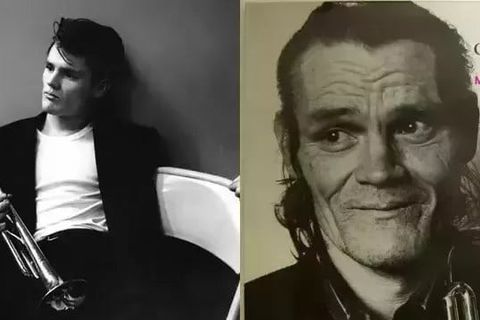Order Now For Fast Delivery!
This website uses cookies to enhance the user experience. Some cookies are essential for the use of the site. View our Privacy Policy and Cookie Policy for more information.
Alcohol
Anxiety
Depression
Mental Health
Does alcohol cause depression and anxiety?

by Christine Humphreys
Published: January 14, 2021 Last updated: November 30, 2023

Many people enjoy alcohol in moderation and sometimes use alcohol for relaxation after a stressful day, during a painful life event or to mask shyness in social situations.
Problems start when every day at work is a stressful day or when painful life events come not in single spies but in battalions and affect our mental health.
When we start to reach for a glass of wine too often to ease the strain, we cloud our minds and make it harder to make decisions or take positive action and risk alcohol dependence.
But whether alcohol abuse causes mental health problems or alcohol abuse is a symptom – with those suffering from conditions such as panic attacks and social anxiety disorder using alcohol for self medication – the jury is taking its time over this.
A symptom or a cause?
A study carried out in Norway for the NHS concluded that there is an association between symptoms of depression and generalised anxiety disorder (GAD) with both heavy drinking and those who abstain.
Researchers noted that symptoms of social anxiety and feelings of depression among some abstainers may reflect a previous heavy drinking problem.
However, the Norway study couldn’t prove what came first – the mental illness or the alcohol abuse.
They found people may drink because of their feelings of anxiety and depression, meaning that the effects of alcohol may not be a factor in the cause of the mental disorder although alcohol may worsen symptoms of anxiety and depression.
They could not explain why abstainers and low-level alcohol consumers and those with alcohol dependence both showed a higher risk of some mental health problems.
Alcoholism and mental illness go hand in hand
However, researchers in America and elsewhere have concluded that the incidence of cases of alcohol dependency going hand in hand with panic disorder, social phobia, and anxiety disorder could not be ignored.
They looked at a range of studies carried out in America and other countries which concluded it was no coincidence that alcohol use disorder and anxiety disorders were often co-occurring disorders.
Studies showed that alcohol dependence and anxiety disorder occurred together two or three times as often as would be expected by chance. They also found women were two thirds more likely than men to suffer from the combination of alcohol abuse and generalised anxiety disorder.
A trial in Germany found that women are more likely than men to rely on alcohol to manage social anxiety and that anxiety disorders had a substantial influence on alcohol consumption and the development and severity of alcoholism in women.
Drinking to cope worsens symptoms long term
According to The Anxiety and Depression Association of America, drinking to cope with generalised anxiety disorder may give short-term relief but make anxiety symptoms worse in the long run.
Alcohol is a depressant and has a sedative effect, however, using alcohol as self medication anxiety often backfires and can make things worse when withdrawal symptoms set in and lead to a vicious cycle of highs and lows.
According to the Substance Abuse and Mental Health Services Administration (SAMHSA), anxiety can be caused by prolonged excessive drinking in some instances and the effects of excessive alcohol consumption and alcohol withdrawal exacerbate the original disorder.
A study done by the University of North Carolina School of Medicine showed that excessive alcohol consumption can alter brain chemistry making the drinker more susceptible to anxiety and depression symptoms.
When alcohol leaves the body, withdrawal symptoms create a hangover that interferes with a person’s ability to go about their daily business can cause stress, and leave a person with feelings of shame and guilt.
So, while there is no concrete evidence that alcohol causes major depression and anxiety disorder, it’s clear that the impact of heavy drinking on a persons ability to function can result in substance related anxiety and make existing anxiety symptoms and depression worse.
How much did you learn from this article?
Welcome, knowledge seeker, to this enlightening quiz based on the thought-provoking article 'Does alcohol cause depression and anxiety?' Strap on your thinking caps and put your comprehension skills to the test! Remember, this is a no-judgment zone. Good luck!

About The Author
Christine Humphreys
Chris Humphreys is the co-founder of The Alcohol-Free Shop and AlcoholFree.com. She was a journalist for more years than she cares to remember. Ex-wife of an alcoholic, enthusiastic amateur musician and a passionate dog lover.
Is unwinding with a drink rotting your brain?
August 02, 2023
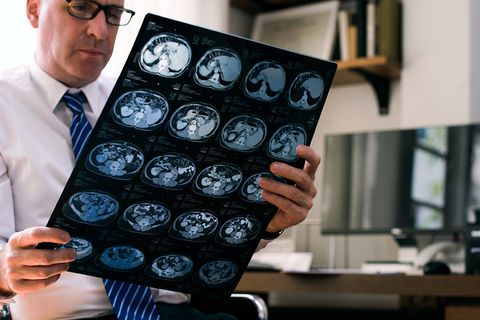
The Ugly Truth: Happy Hours, Unhappy Skin—The Ageing Effects of Alcohol
April 11, 2023
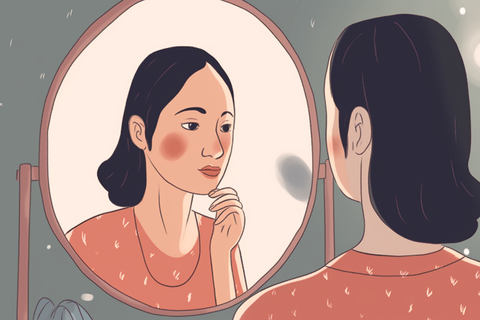
Say Goodbye to Sleep Troubles: Discover the Shocking Truth about Alcohol and How to Improve Your Sleep in Sobriety
January 13, 2023
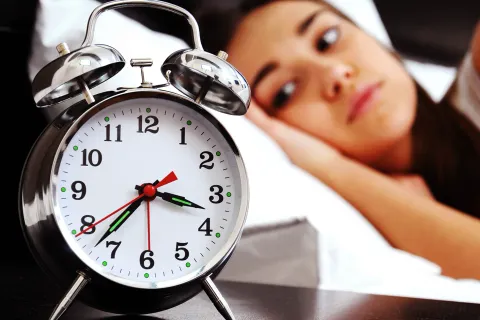
How does alcohol affect dental health?
August 05, 2021
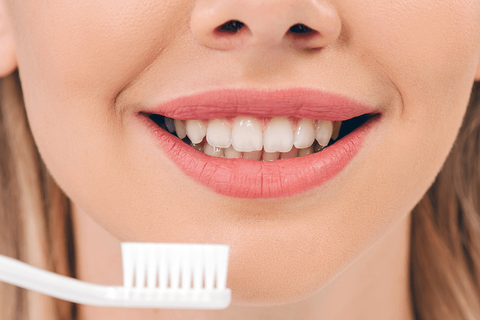
Does alcohol weaken immunity and make us more susceptible to illness?
April 06, 2021

Why does alcohol make anxiety and depression worse?
January 14, 2021
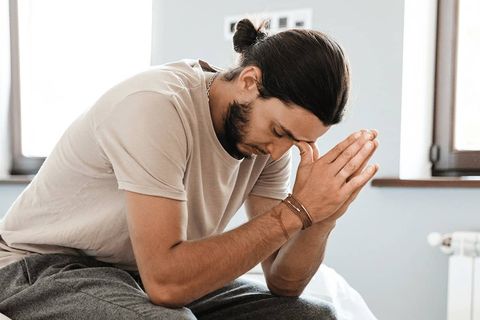
Does heavy drinking affect physical appearance?
March 14, 2017
